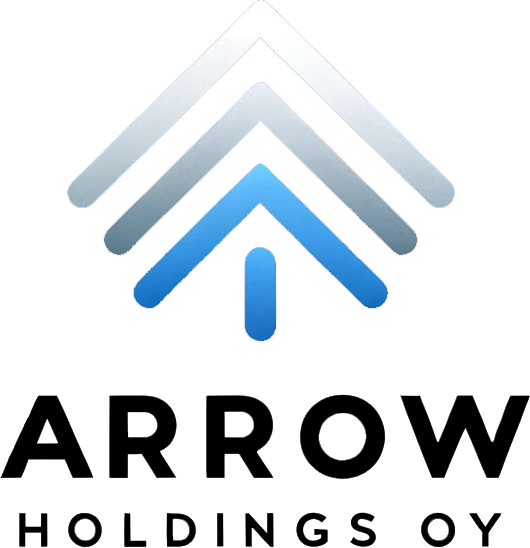In the dynamic landscape of IT transformation, understanding and defining team roles is paramount. IT change management and Agile methodologies are at the heart of ensuring successful project delivery in today’s fast-paced environment. At Arrow Holdings, we prioritize fostering a strong team with clearly defined roles, ensuring seamless collaboration and project execution. Let’s delve into the myriad roles in IT change and Agile teams and explore the qualifications vital for each.
1. IT Change Management Roles
Change Manager:
- Role: Oversees and manages the change process. Assesses impacts, manages stakeholder expectations, and ensures minimal disruptions during transitions.
- Qualifications: A bachelor’s degree in Business or IT, with certifications like Prosci’s Change Management Certification or AIM Change Management Certification.
Change Analyst:
- Role: Analyzes the scope and impact of proposed changes, ensures proper documentation, and reviews implementation plans.
- Qualifications: Degree in IT or a related field, with proficiency in analytical tools and experience in change methodologies.
2. Key Roles in Agile Teams
Scrum Master:
- Role: Ensures the team follows Agile practices, facilitates meetings, removes obstacles, and works closely with the Product Owner to ensure product backlog clarity.
- Qualifications: A bachelor’s degree in IT, Business, or related fields. Certifications such as Certified ScrumMaster (CSM) are often essential.
Product Owner:
- Role: Represents stakeholders, prioritizes the product backlog, and communicates the vision of the product to the development team.
- Qualifications: Degree in Business or IT, with a deep understanding of market dynamics. A CSPO (Certified Scrum Product Owner) certification can be beneficial.
Agile Coach:
- Role: Guides teams on Agile methodologies and oversees the adoption of Agile principles across the organization.
- Qualifications: An advanced degree in IT or Business, with extensive experience in Agile environments. Certifications like ICP-ACC (ICAgile Certified Professional – Agile Coaching) can be advantageous.
Development Team Members:
- Role: Consisting of developers, testers, and designers, this cross-functional group is responsible for delivering potentially shippable product increments in each sprint.
- Qualifications: Depending on the specific role, a relevant degree in IT, design, or related fields is essential. Certifications related to specific tech stacks or testing methodologies may also be necessary.
3. Overarching Qualifications for All Roles
Beyond the specific educational and certification requirements, there are some overarching qualifications and skills beneficial across all roles:
- Adaptability: Given the dynamic nature of IT and Agile environments, adaptability is crucial.
- Collaboration and Communication: Effective communication and a collaborative spirit ensure seamless operations and stakeholder alignment.
- Problem-Solving: The ability to address challenges head-on and devise effective solutions is paramount.
- Continuous Learning: The tech industry is ever-evolving. A commitment to continuous learning ensures team members remain at the forefront of industry advancements.
Conclusion: Building Robust IT and Agile Teams at Arrow Holdings
Roles in IT change and Agile teams are not just titles – they define responsibilities, guide project flows, and, ultimately, determine project success. At Arrow Holdings, we believe in the power of a well-structured team bolstered by the right qualifications. Together, we pave the way for IT transformations that resonate, impact, and innovate.
For more insights, guidance, and expertise in IT change management, Agile methodologies, and beyond, explore our platform at Arrow Holdings. Let’s shape the future of IT, one project at a time.

